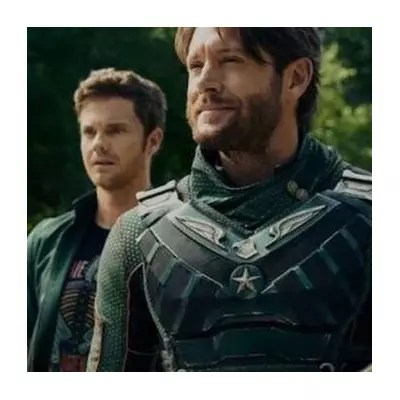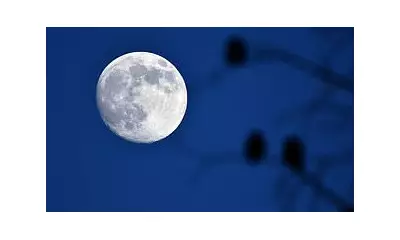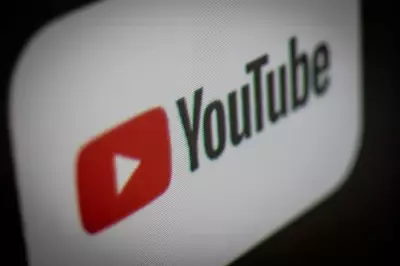
In a dramatic escalation of tensions between streaming titans, Warner Bros. Discovery has launched legal proceedings against Netflix, alleging the unauthorised use of valuable CNN documentary footage in one of Netflix's most popular music documentaries.
The Heart of the Controversy
The legal firestorm centres around Netflix's acclaimed documentary 'The Greatest Night in Pop', which chronicles the creation of the iconic 1985 charity single 'We Are the World'. According to court documents, Warner Bros. Discovery claims Netflix improperly incorporated substantial portions of CNN's 1985 documentary 'The Making of We Are the World' without proper authorisation or licensing agreements.
What's at Stake for Both Sides
This isn't just a simple copyright dispute - it represents a fundamental clash over intellectual property rights in the increasingly competitive streaming landscape. Warner Bros. Discovery is seeking substantial financial damages and potentially an injunction that could force Netflix to remove or edit the controversial content.
The Key Allegations Include:
- Unauthorised use of CNN's proprietary documentary footage
- Failure to secure proper licensing agreements
- Substantial similarity between the contested segments
- Potential damage to Warner Bros. Discovery's content valuation
Broader Implications for Streaming Industry
This legal battle comes at a critical juncture for the streaming industry, as platforms increasingly rely on archival and documentary content to differentiate their offerings. The outcome could set important precedents for how historical footage is licensed and used across competing streaming services.
Industry analysts suggest this case highlights the growing tensions as streaming services compete for limited archival content while navigating complex copyright landscapes. With both companies being major players in the global streaming market, the resolution of this dispute could have ripple effects throughout the industry.
What Happens Next?
Legal experts anticipate a fiercely contested battle, with both sides preparing for potentially lengthy proceedings. The case raises fundamental questions about fair use, content licensing in the digital age, and the boundaries between homage and infringement in documentary filmmaking.
As the streaming wars intensify, this legal confrontation serves as a stark reminder of the high stakes involved in content acquisition and the increasingly aggressive protection of intellectual property rights in the competitive digital entertainment landscape.





